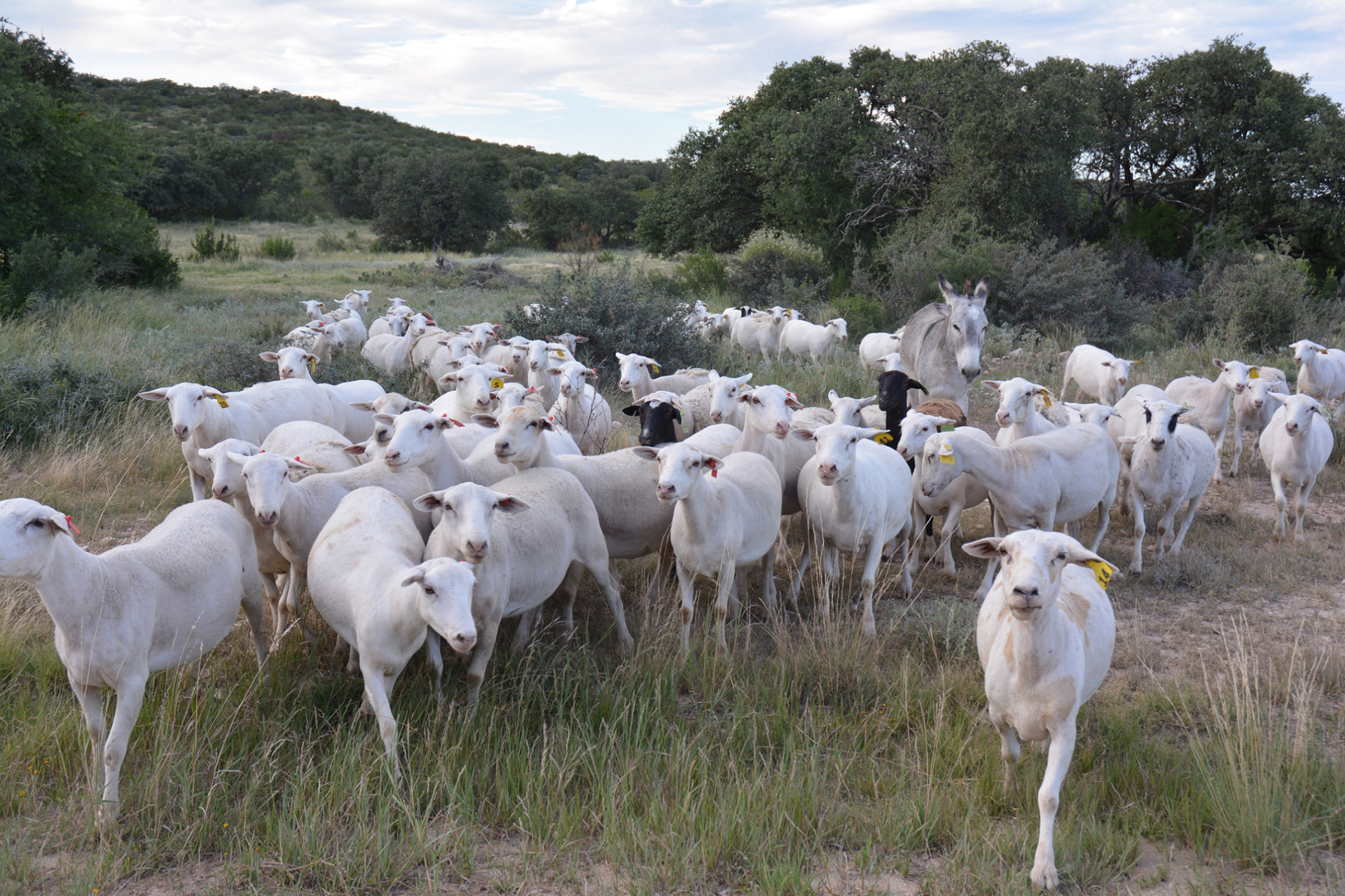Turning a profit with sheep is focus of two upcoming programs
AgriLife Extension workshops set in San Angelo Sept. 21,Granbury Sept. 27
SAN ANGELO – The Texas A&M AgriLife Extension Service will conduct their final two free Production and Financial Benchmarking Workshops in San Angelo on Sept. 21 and Granbury on Sept. 27, organizers said.
Both workshops will have similar curriculums, running from 9 a.m. to 2 p.m., with lunch included. The Granbury workshop will also include a discussion and demonstration on parasite management. They are provided through the AgriLife Extension offices in Tom Green and Hood counties and the Let’s Grow campaign of the American Sheep Industry Association.
The San Angelo meeting site will be the Texas A&M Research and Extension Center, located north of San Angelo on U.S. Highway 87. The Granbury workshop will be at the AgriLife Extension office in Hood County, Annex 1, Room 22, 1410 W. Pearl St.

“These workshops are meant to help sheep and wool producers remain profitable,” said Dr. Reid Redden, AgriLife Extension state sheep and goat specialist at San Angelo. “They are designed to help producers become better able to calculate and interpret key financial and production measures.”
Redden and Bill Thompson, AgriLife Extension economist at San Angelo, will conduct the workshops.
“The core purpose for this project is to start and grow a ‘Shepherds for Profit’ database of successful practices sheep producers, no matter what the breed or size flock they have, can expand upon and profit from,” Thompson said.
“The workshops are a tool for increasing the long-term sustainability and competitiveness of U.S. wool and lamb producers, here and abroad. We all like to think our operations are the most efficient, when in reality, the only way to really accurately measure your efficiency is to compare it to something or someone else’s operation.”
Redden said determining that information is the basis for the program, which will include calculating production and financial measures, production and financial benchmarks, benefits of producer working groups or peer advisory groups and creation of the Shepherds for Profit database.
Redden said participants will be invited to submit data for inclusion in the Shepherds for Profit database. Participation is voluntary and data provided will remain confidential. Full disclosure of the data to be collected and what information will be included in the database will be explained at each workshop.
A statewide workshop will be set for a later date to summarize the collected and benchmarked data as well as illustrate practical applications of the resulting information to ranch/flock management plans.
Participants are asked to preregister two days in advance of the workshop they choose to attend. For more information or to preregister, go to http://agrilife.org/sheepandgoat/shepherds-for-profit.
Thompson and Redden can be reached at 325-653-4576. More information is also available through the AgriLife Extension offices in either of the participating counties.





